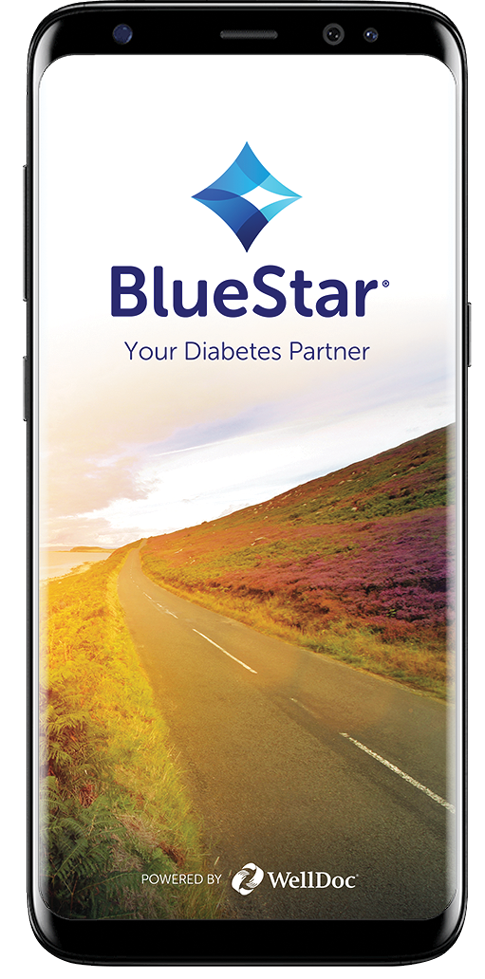MIPS Project Detail:

Company
Company Description:
WellDoc® is a leading digital health company revolutionizing chronic disease management to help transform lives. The company’s groundbreaking technology is guiding individuals through the complicated journey of living with chronic diseases, with a goal of improving their health and helping them to be more balanced. WellDoc is the first digital health company based on a life science business model, and its foundation is built on randomized clinical trials that demonstrate significant clinical outcomes. The company has mastered diabetes management by taking an aggressive and innovative approach that utilizes sophisticated logic and precise algorithms, and integrates the most advanced mobile technology, behavioral insight, and diabetes education for those living with type 2 diabetes. WellDoc’s FDA-cleared, proven digital therapeutic, BlueStar®, provides real-time and timely individualized coaching and support, as well as diabetes educational tools that are actionable and personal. The company’s clinical evidence shows a 1.7- to 2.0 point mean A1C reduction for adults living with type 2 diabetes who used BlueStar®.

MIPS Project
Mobile Diabetes Management Platform
Project #
3921
|
MIPS Round
39
|
Starting Date:
Feb 2007
MIPS Project Challenge:
WellDoc sought data from clinical trials to demonstrate its product’s effectiveness. The company also wanted to prove that its easy-to-use diabetes management system could be implemented on a large scale.
Project Scope:
Charlene Quinn and WellDoc evaluated the effectiveness of a patient-to-provider interactive diabetes management system that could be utilized with readily available personal electronic devices. In the MIPS Phase 1 project, patient diabetes management algorithms were revised to test the effectiveness of the WellDoc intervention for a larger, randomized control trial (RCT) conducted in the Phase 2 MIPS project. The randomized control trial involved 30 patients, who were given WellDoc’s cell phone-based diabetes management software, which securely captured data and provided real-time diabetes management feedback. In addition, WellDoc’s system analyzed patient data and provided suggested action plans to patients’ healthcare providers (HCPs). The solution promoted patient self-management and enhanced communication between patients and their HCPs.

Results:
The MIPS study showed that adults with type 2 diabetes using WellDoc’s software achieved a 2.03-point reduction in A1c, an indicator used to identify the average blood glucose level of a diabetic over a 12-week time period. Every one-point drop reduces the risk of diabetes complications (e.g., amputations, blindness) by as much as 40 percent. The top ten diabetes drugs in the U.S., on average, reduce A1c by about one point. The results of this trial were published in Diabetes Technologies and Therapeutics, Volume 10, 2008.
Quinn then conducted the first, one-year randomized controlled trial (RCT) of a mobile phone-based diabetes coaching and decision support intervention. The results of this study were published in the September, 2011 edition (Volume 34, Number 9) of Diabetes Care, the world’s preeminent diabetes-focused scientific journal, published by the American Diabetes Association. The trial met its primary endpoint of reducing blood glucose levels over one year, demonstrating that patients using the WellDoc system, plus their usual care, had an average decline in A1c of 1.9 percentage points compared to a 0.7-percentage-point decline seen among patients treated with usual care alone (control group).
WellDoc became one of the first mobile health (mHealth) solutions to receive United States FDA 510(k) clearance to market its software product as a class II medical device for health care providers and their adult patients with type 2 diabetes.
The company entered the Emerging Technology Center (ETC), won a national award from the National Business Incubation Association for best incubator company of the year, and now has 65 employees, with offices in Columbia, Md., Wilmington, Del., and Bangalore, India.
Principal Investigator:
Dan
Gingold
Assistant Professor
Project Manager:
Suzanne
Sysko
President & Medical Director
Technologies:
Biotechnology / Genetic Engineering


















